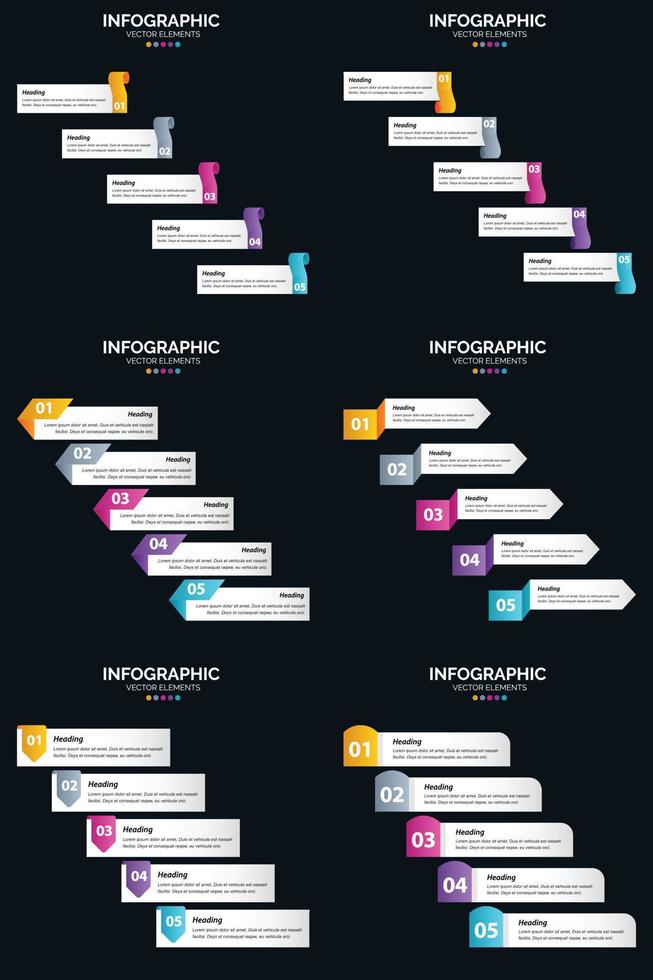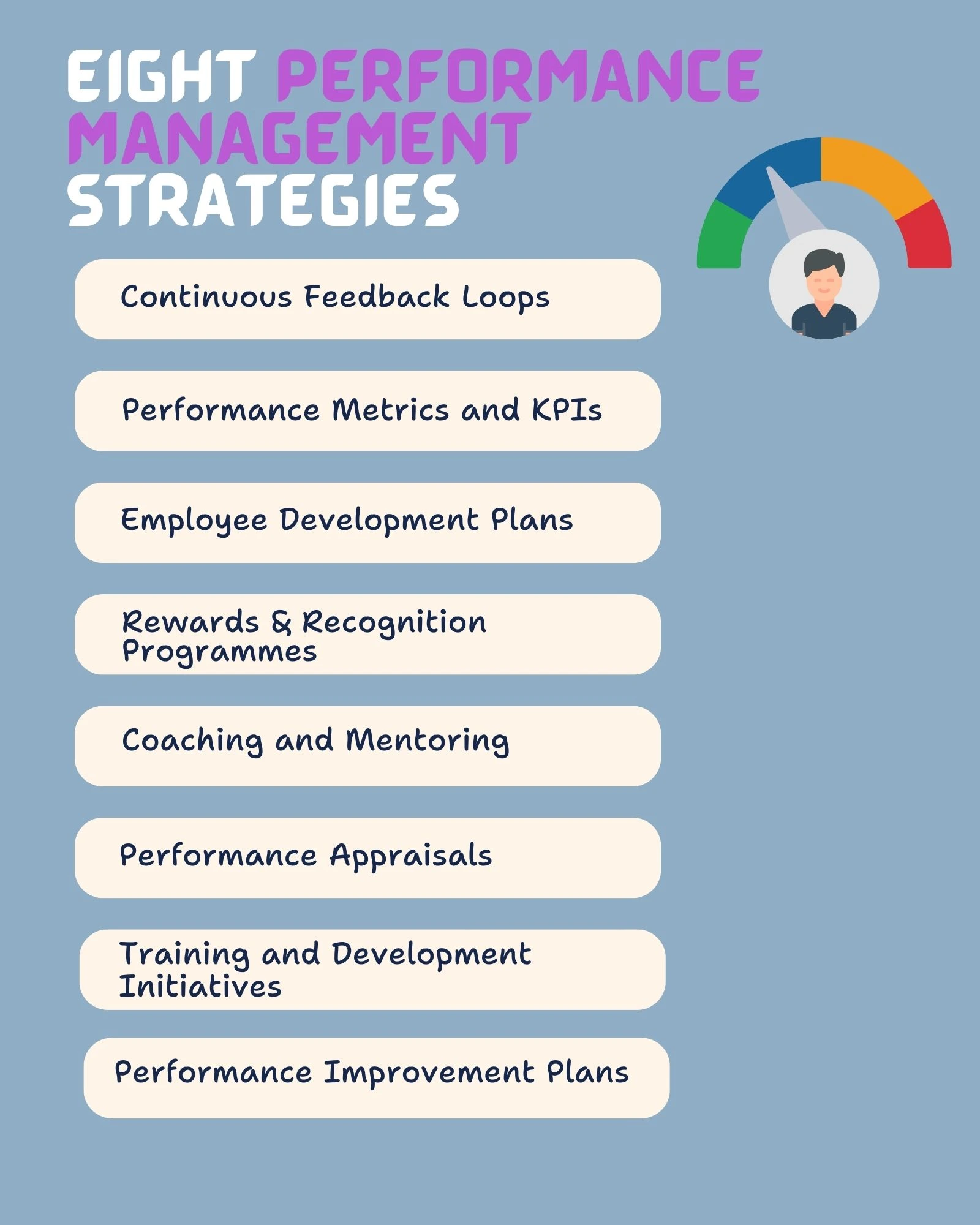Highlighting Superior Performance Is An Opportunity

Urgent action is needed to recognize and reward superior performance across all sectors. Failure to do so risks stifling innovation and hindering economic growth, demanding immediate attention from leaders in business, education, and government.
This article examines the critical need for robust performance recognition systems. These systems must accurately identify and reward exceptional contributions, fostering a culture of excellence and driving overall success.
The Core Issue: Recognition Deficit
A recent study by Gallup indicates that only 30% of employees strongly agree that they received recognition or praise for doing good work in the past seven days. This widespread lack of acknowledgement significantly impacts morale and productivity.
This deficit isn't limited to specific industries. Data from SHRM (Society for Human Resource Management) reveals that organizations across various sectors struggle to effectively implement consistent and meaningful recognition programs.
Impact on Productivity and Innovation
Lack of recognition directly correlates with decreased employee engagement and increased turnover. Studies show that employees who don't feel valued are significantly more likely to seek employment elsewhere.
This leads to loss of institutional knowledge and disrupts team dynamics. A report by Deloitte underscores that high-performing employees are particularly sensitive to a lack of acknowledgement and are more likely to leave if their contributions go unnoticed.
Case Studies: Successful Recognition Strategies
Google, known for its innovative culture, utilizes peer-to-peer recognition programs coupled with substantial bonuses for exceptional achievements. These initiatives empower employees to acknowledge each other's contributions, creating a positive feedback loop.
Salesforce implements a tiered recognition system, offering rewards ranging from public acknowledgements to equity grants, based on the impact of the achievement. This system ensures that all levels of performance are appropriately recognized.
The Government's Role in Promoting Excellence
Government agencies can foster a culture of excellence by implementing transparent and merit-based promotion systems. Investment in employee training and development programs further enhances performance.
The Office of Personnel Management (OPM) offers resources and guidelines for federal agencies to establish effective performance management and recognition programs. Adherence to these guidelines is crucial for attracting and retaining top talent within the public sector.
Education's Contribution to Skill Development
Educational institutions play a critical role in equipping individuals with the skills and knowledge needed to excel in their chosen fields. Universities like MIT and Stanford are pioneering programs that integrate real-world experience with academic learning.
By fostering a culture of innovation and critical thinking, educational institutions empower individuals to contribute meaningfully to the workforce. This ultimately drives economic growth and improves overall societal well-being.
The Path Forward: Implementing Effective Systems
Organizations must prioritize the development and implementation of robust performance recognition systems. These systems should be transparent, consistent, and aligned with organizational goals.
Key Steps for Implementation
First, conduct thorough assessments to identify existing strengths and weaknesses in current recognition practices. Second, solicit feedback from employees at all levels to understand their preferences and needs.
Third, establish clear criteria for evaluating performance and awarding recognition. Fourth, implement a multi-faceted recognition program that includes both monetary and non-monetary rewards.
Fifth, regularly evaluate the effectiveness of the recognition program and make adjustments as needed. Continuous improvement is essential for ensuring that the program remains relevant and impactful.
Conclusion: A Call to Action
Highlighting superior performance is not merely a feel-good exercise; it is a strategic imperative for driving innovation and achieving organizational success. Immediate action is required to address the current recognition deficit and foster a culture of excellence.
Further research will focus on identifying best practices for implementing culturally sensitive recognition programs. Ongoing efforts will monitor the impact of these programs on employee engagement, productivity, and retention rates across various sectors.

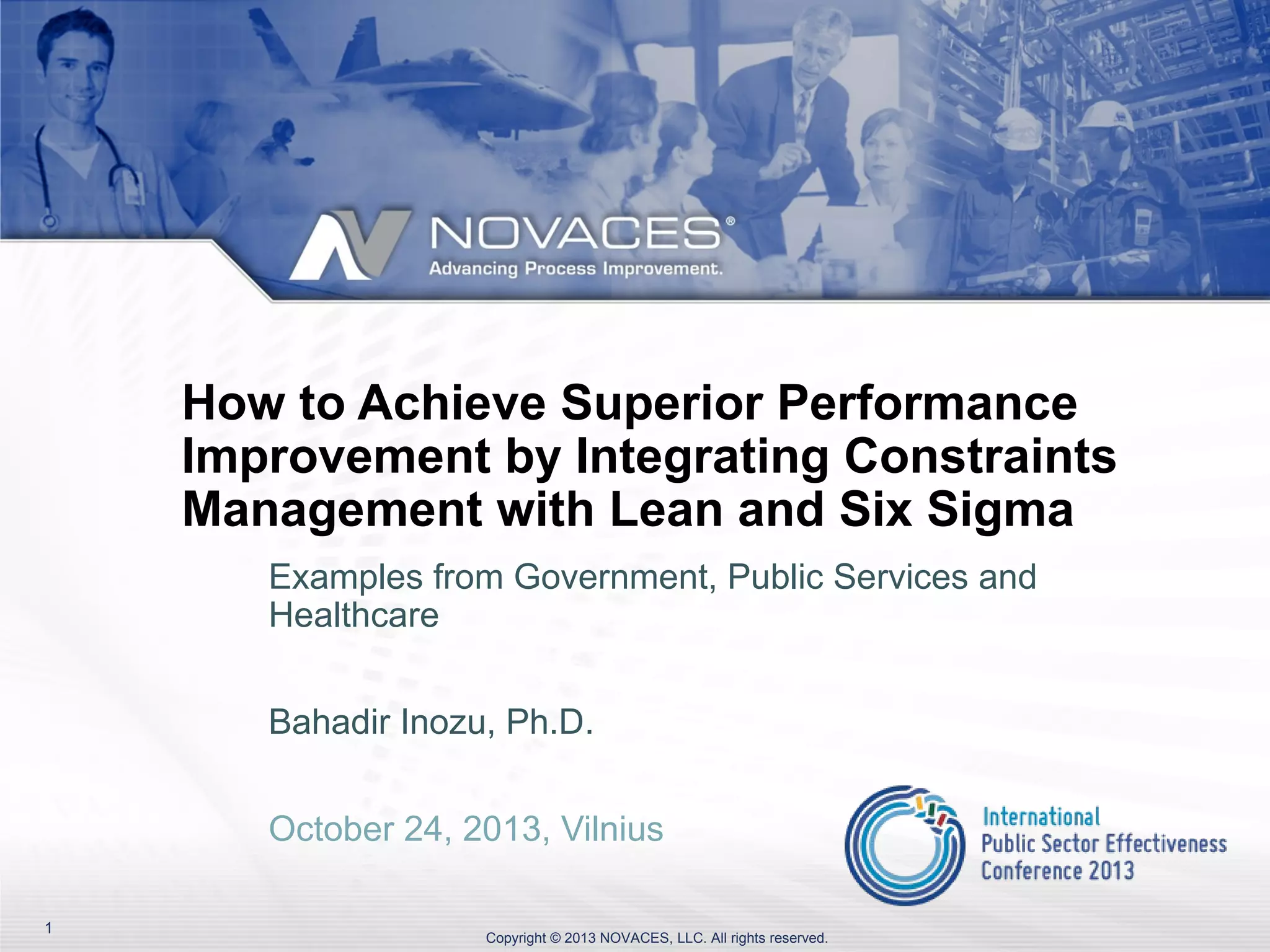




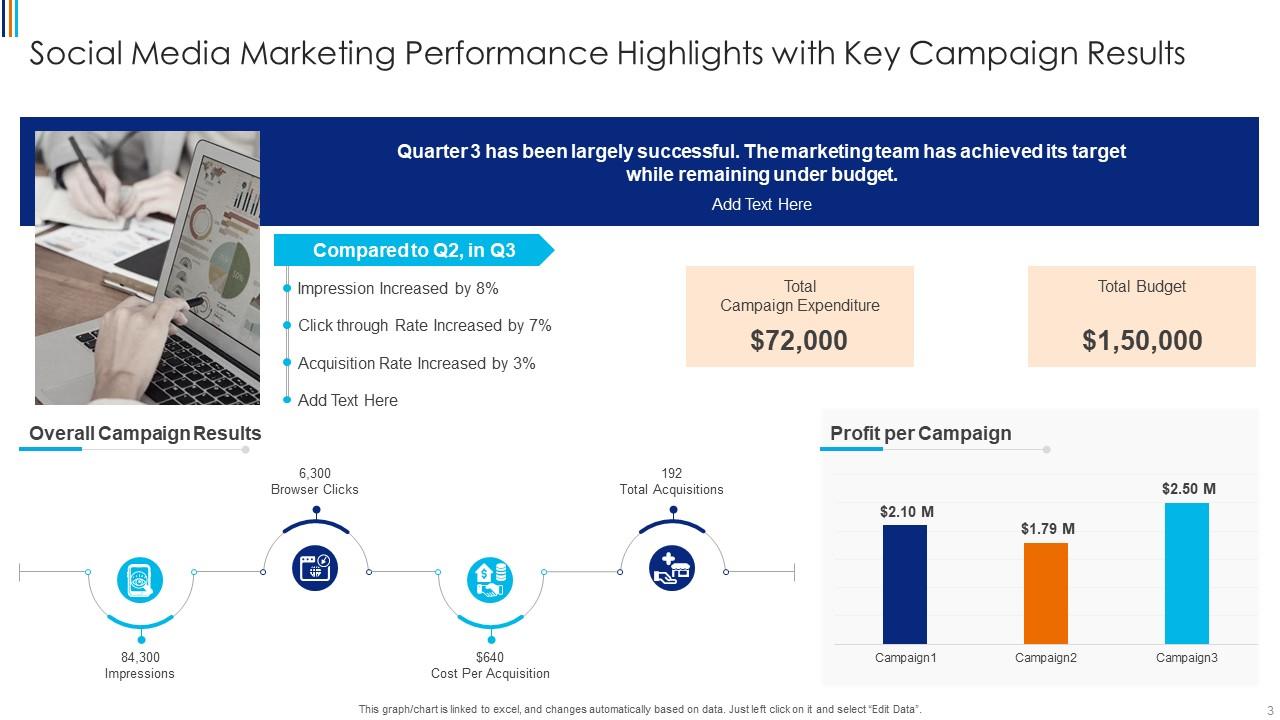

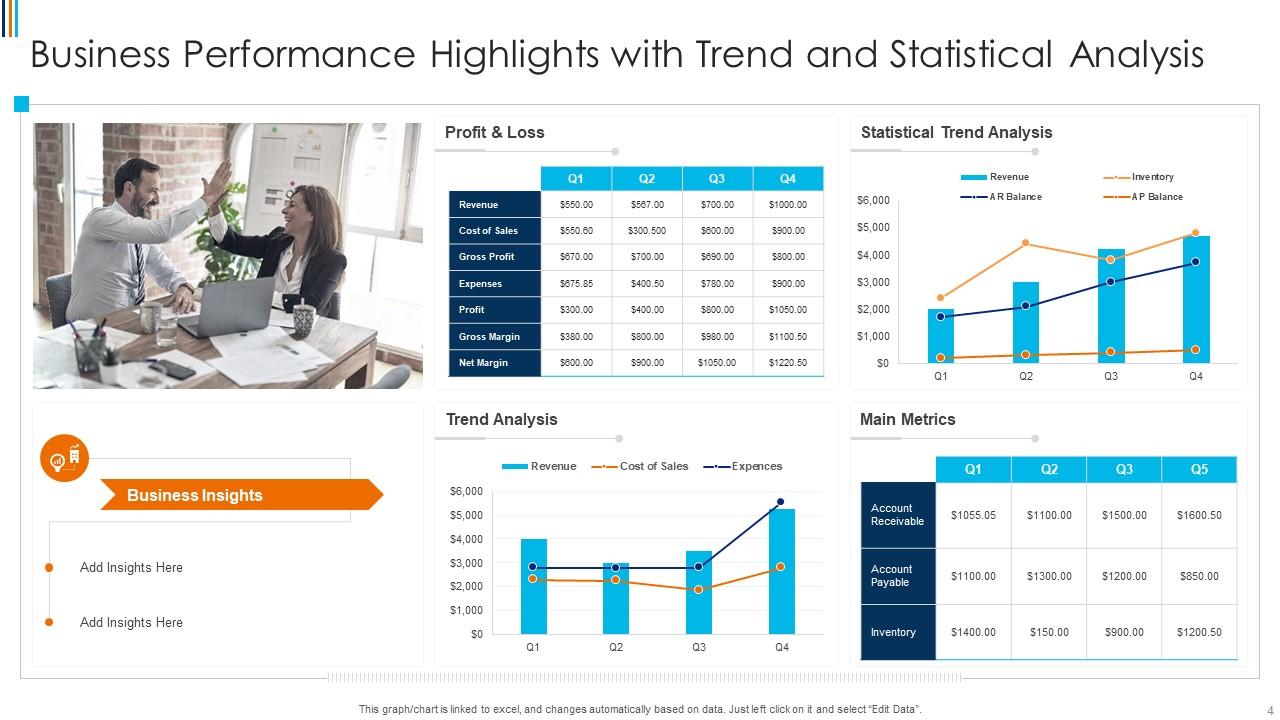
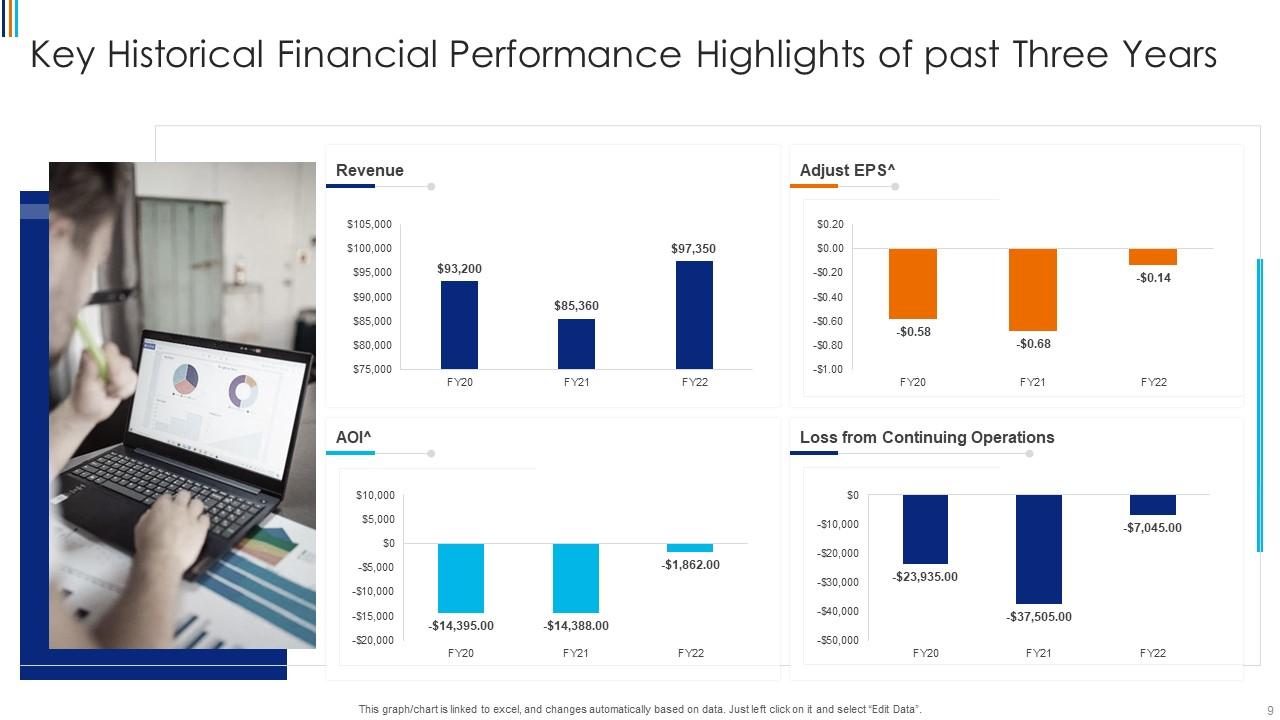
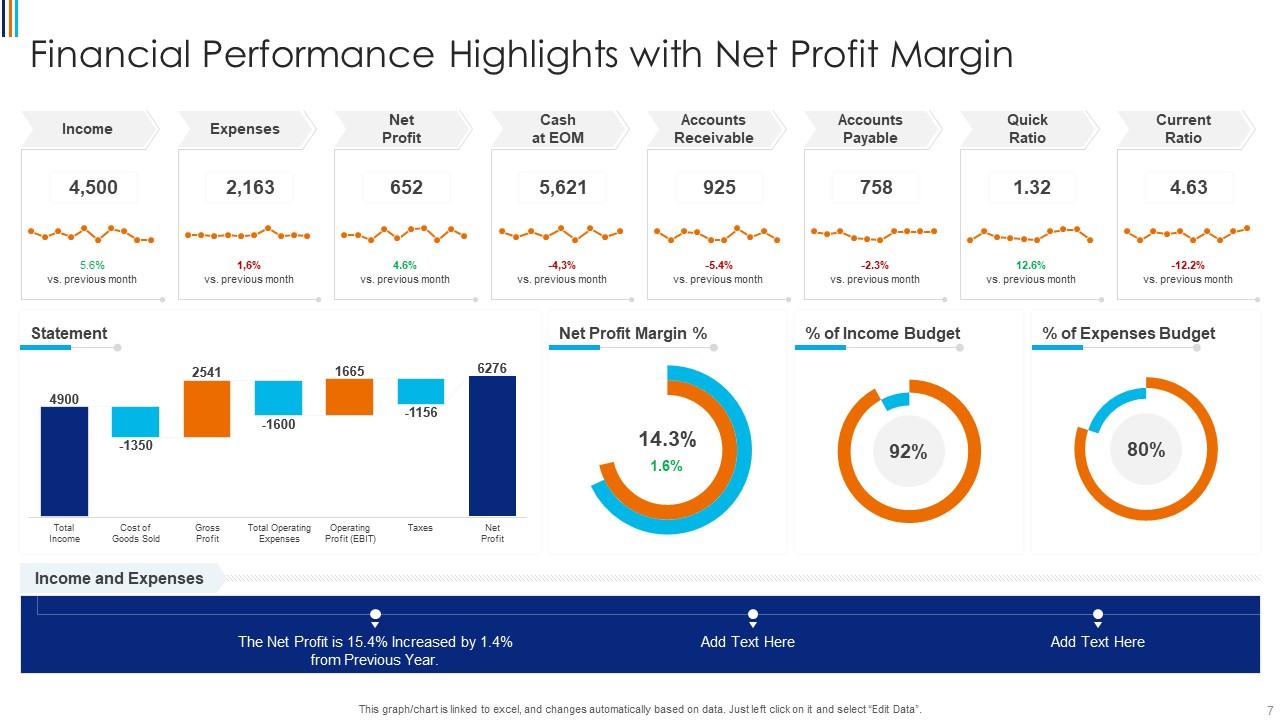



:max_bytes(150000):strip_icc()/GettyImages-184152114-57c8a0803df78c71b667b636.jpg)
